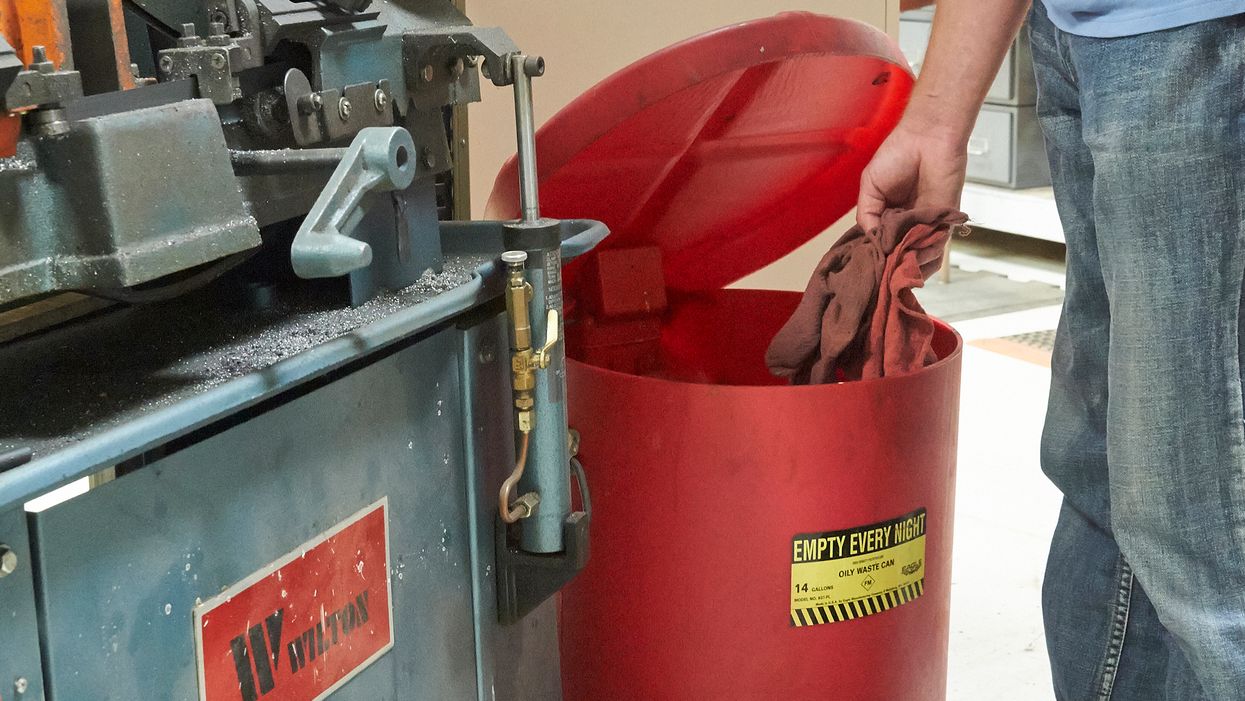Internal evaluations can help avoid IFTA and IRP auditors
It’s true that the International Fuel Tax Agreement (IFTA) and International Registration Plan (IRP) are required to randomly audit three percent of their registered carriers every year.
If you’re lucky, you may go years without being randomly selected.
But if something in your reports raises a red flag — like late returns, amended returns, or using the exact same miles-per-gallon (mpg) from quarter to quarter — an auditor might need to take a deeper dive into your records. In these instances, nothing is random about the selection.
One way to more easily avoid drawing the attention of auditors is to implement an internal review system.
Information to evaluate
Your review process should include the following steps:
- Review vehicles’ mpg for reasonable limits by vehicle type,
- Match your vehicles’ end-of-month odometer readings with the next month’s beginning readings,
- Ensure that all required documents and fuel receipts are available and easily accessible,
- Investigate units with little or no activity,
- Check routes for distance accuracy, and
- Review records for jurisdictions mistakenly listed on routes.
Schedule regular reviews
Regular internal reviews can keep common mistakes from continuing and allow you to address errors before they become more serious. They can also help your staff if an auditor asks for a walk-through of your recordkeeping process. If employees are already familiar with the process and know what to expect from the auditor, it makes an audit easier and less stressful.
And perhaps the most rewarding aspect of internal reviews? They can reduce the odds of auditors finding a reason to ever come knocking on your door in the first place.
How regularly your reviews take place depends on you. Is it weekly? Monthly? Determine a timeframe that works within your company and base your decision on that.
Key to remember: Consistent internal reviews of your mileage records and fuel receipts ensure that your records stay as error free as possible and keep you well prepared in the event of an audit.























































